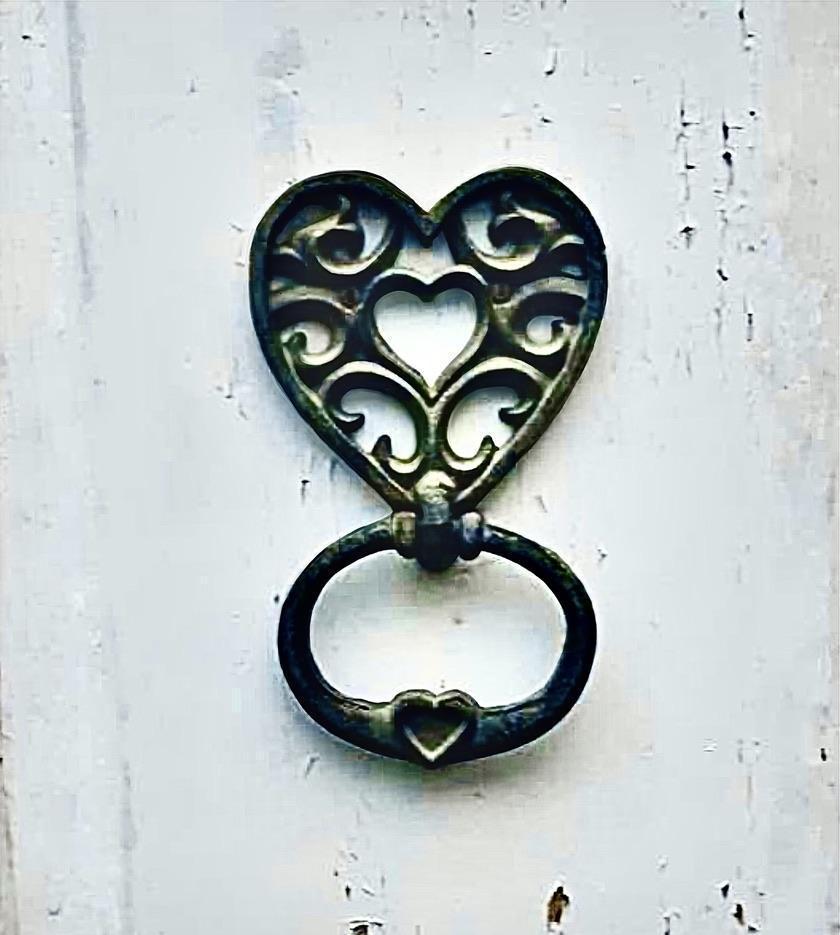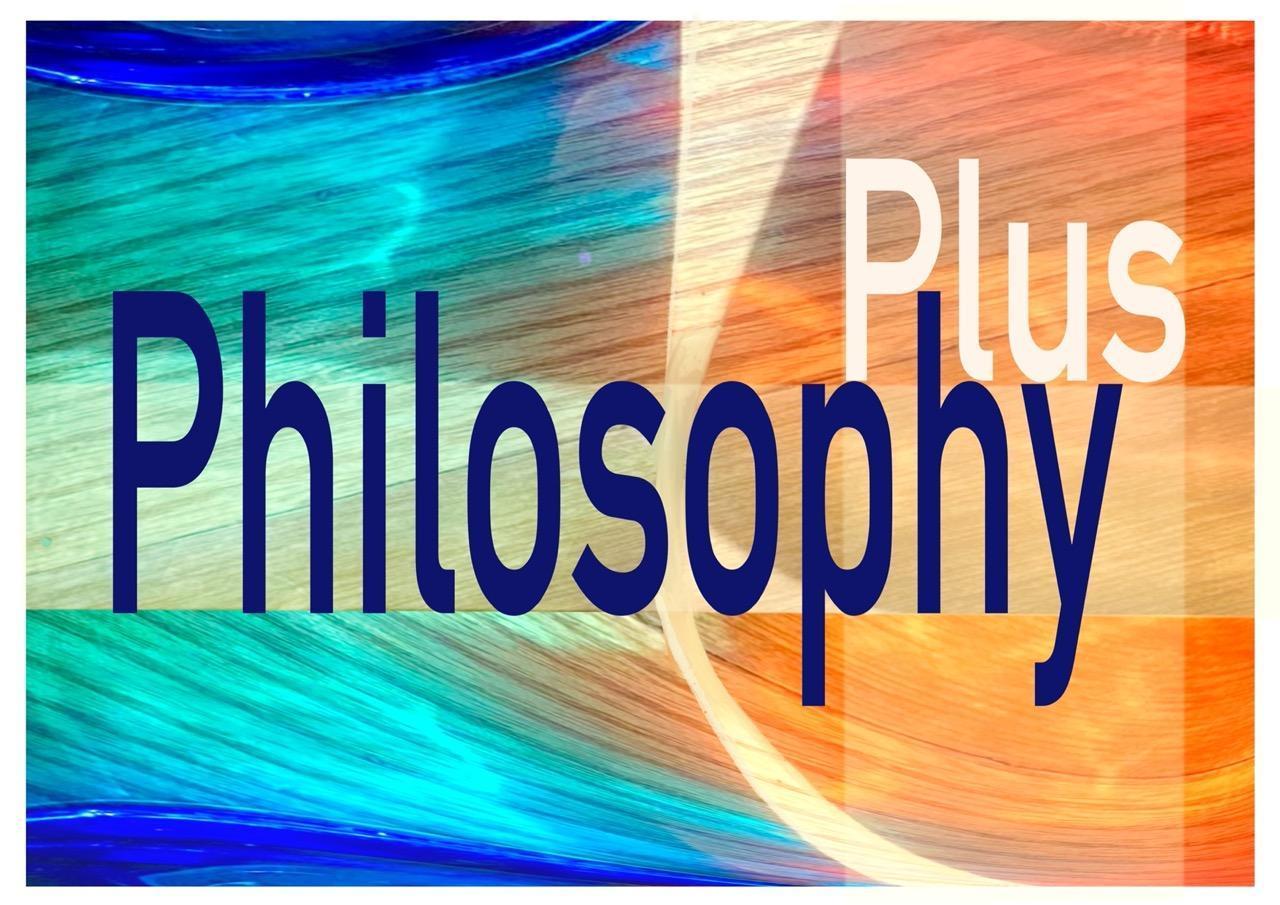
I ask myself, "What is my philosophy?"

A philosophy biography...
When I am working one-to-one with someone, I will usually ask, 'what is your Philosophy of Freedom or philosophy biography?', to have some idea of where the person is in terms of experience and motivation, to be able to sense the best way to work together.
In the case of Arlette, this evolved over time to asking ourselves: 'what is my philosophy?' We challenged ourselves to do this in a few words.
My philosophy...
When I ask myself 'what is my philosophy?' I am asking myself: what is my understanding of myself, the world, why I am here, and what guiding principles do I set myself for living my life? I am asking myself to reflect on this deeply, to find my philosophy in essence, and to express it in words. This question can take some time to answer. The answer can be incomplete, and can change over time. I can also ask myself: what influences are behind my philosophy? For example, education, experiences good and bad, influential thinkers, perhaps an 'inner drive' of some sort that I can't necessarily name. I think this is a really good question to ask when setting out on the study path of Philosophy of Freedom. Will my philosophy, as I have written it, develop or change as I advance on the study path? At any stage along the study path, I can ask myself, 'what does my philosophy look like now?'.
I find that if we are studying with others, we can develop trust and understanding and be ready to share our philosophy with others. This is a way to know the other more deeply, and it can be inspiring.
We humans tend to be much more aware of what we do, or what others do or what we have to do, or what we feel, and much less aware of what we truly think, what thoughts, conscious or hidden, are behind how we manage our lives and how we act and react to what life brings us.
Arlette has given me permission to share here this version of her philosophy which arose during an investigation of thinking will and feeling. I am very inspired and moved by this philosophy, by how lucky I am to work with Arlette given she is actively following her philosophy, and by Arlette's unique way of expressing it - so much so, that I found myself calling on it and being helped by it in a difficult life situation.

Arlette's philosophy: thinking, willing and feeling...
“Love one another” repeated Saint John to his disciples every week until his death. He was the witness of the one who proclaimed this one “commandment”. What can I do if my natural inclination is not to love a certain person, and when I know that love cannot be commanded?
Let's say that I want to follow this commandment, and I set myself the objective of achieving this - I will look for a method and tools. A first inventory tells me that I am far from achieving this goal. From now on, if I have this aim, I will have to be actively determined. If I look honestly at my life experience, I can see that a particular person annoys me immensely. I don't like this person. As I want to succeed in the ideal I have set myself, sincerely, without pretense, then I must tackle this task with courage, hope and perseverance - with tenacity, in fact, because any brutal action of willing in the face of my feelings will be ineffective. Wanting is not enough for immediate change, willing is not enough in the immediate short-term, but in the long term, can I find a gentle will? I have the possibility of introspection at my disposal; I can identify what annoys me about the person. I ask myself, is this touching something in me - am I jealous for example? The second step in my research process will be to look for what is good in this person. In this way, I find a reason to appreciate this person, and little by little, as I continue my approach, to love what is good in this person, and even to love this person. My desire to modify my feeling must be real because reorientating my initial feeling requires a long and strenuous effort - the effort to turn away from myself, to turn towards the other, and create another relationship within my own thinking. Once my decision is made, my will must remain firm otherwise I have no control over my impulses. Personal development exercises go in this direction: increasing acceptance of others and of one's own gray areas. Thinking, and goodwill therefore plays a determining role in my feelings if I want to improve - they provide a basis for a moral decision on how to live my life.

"
